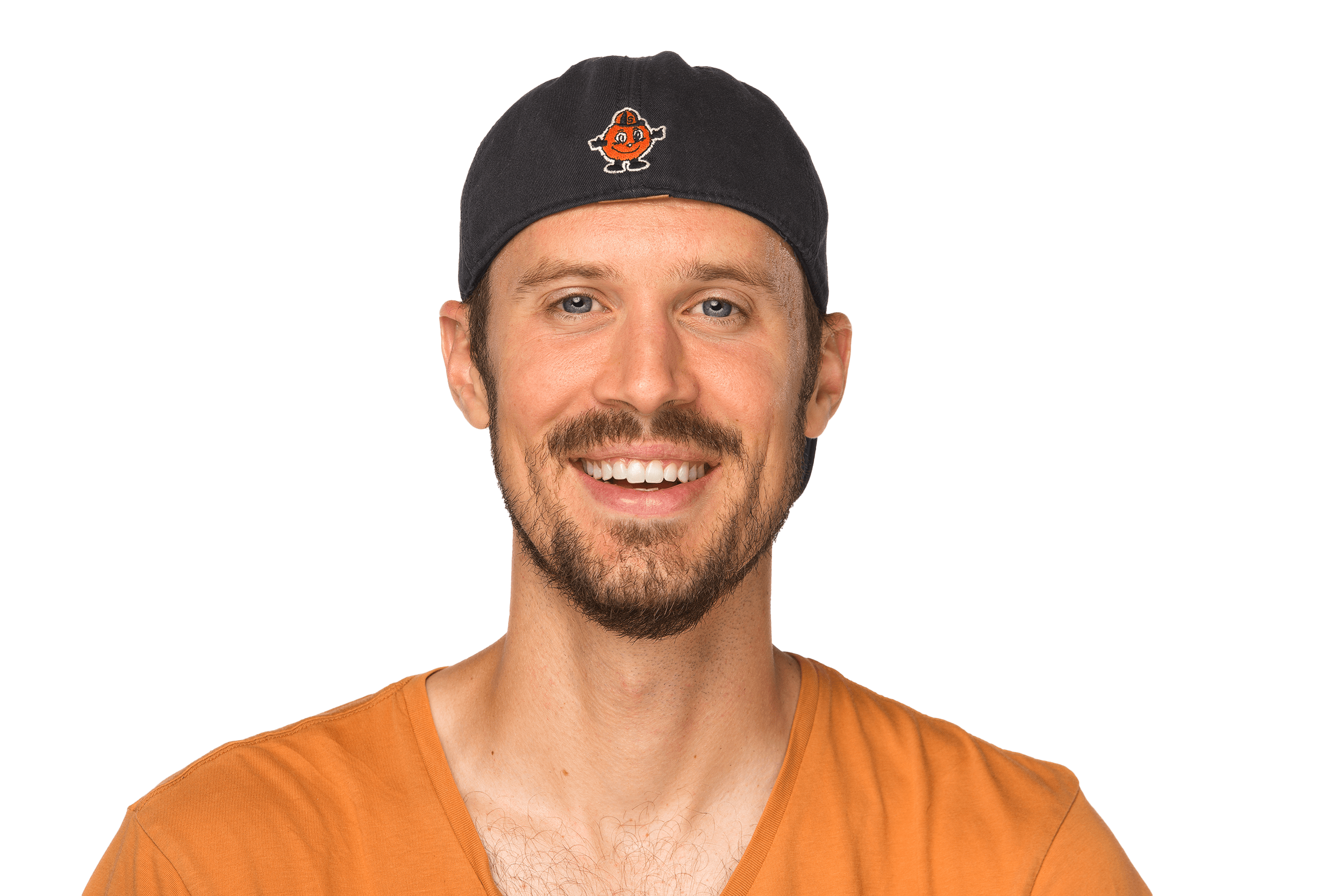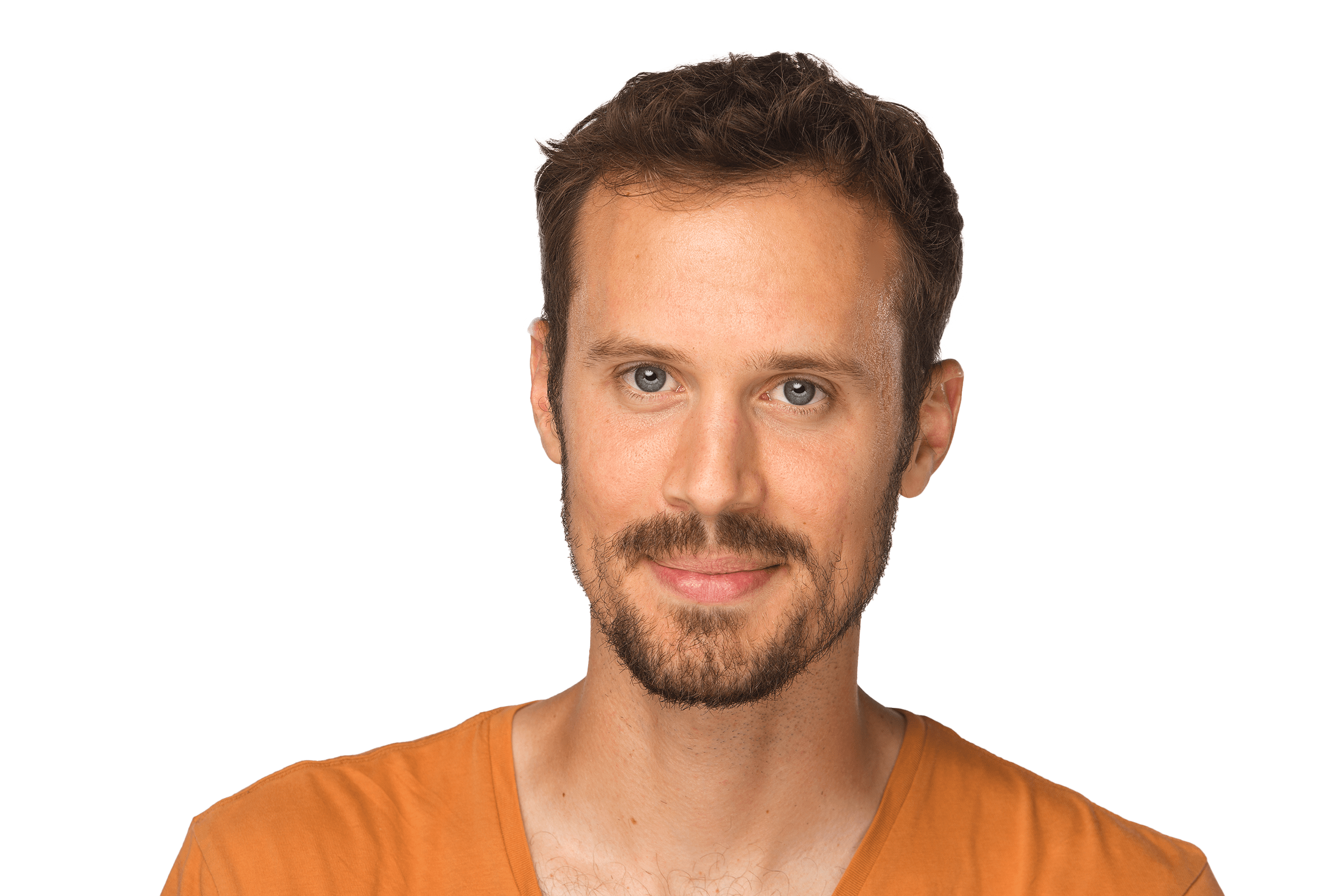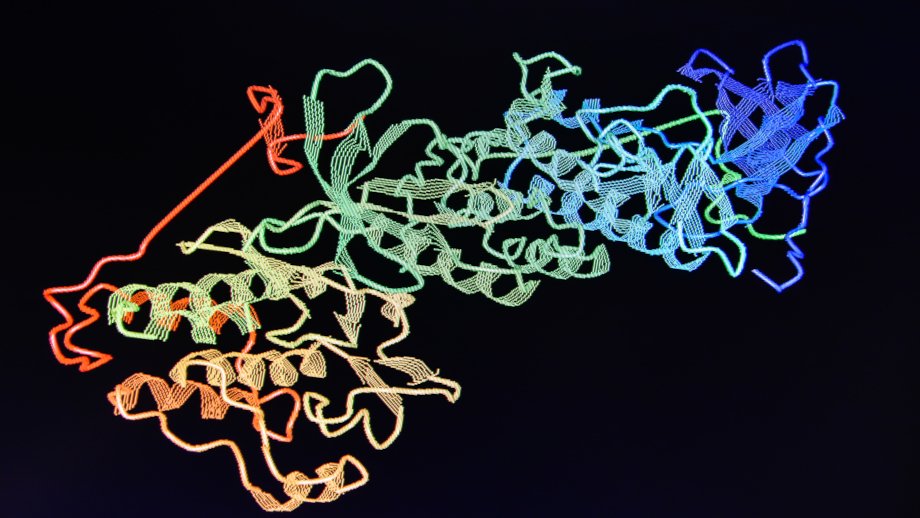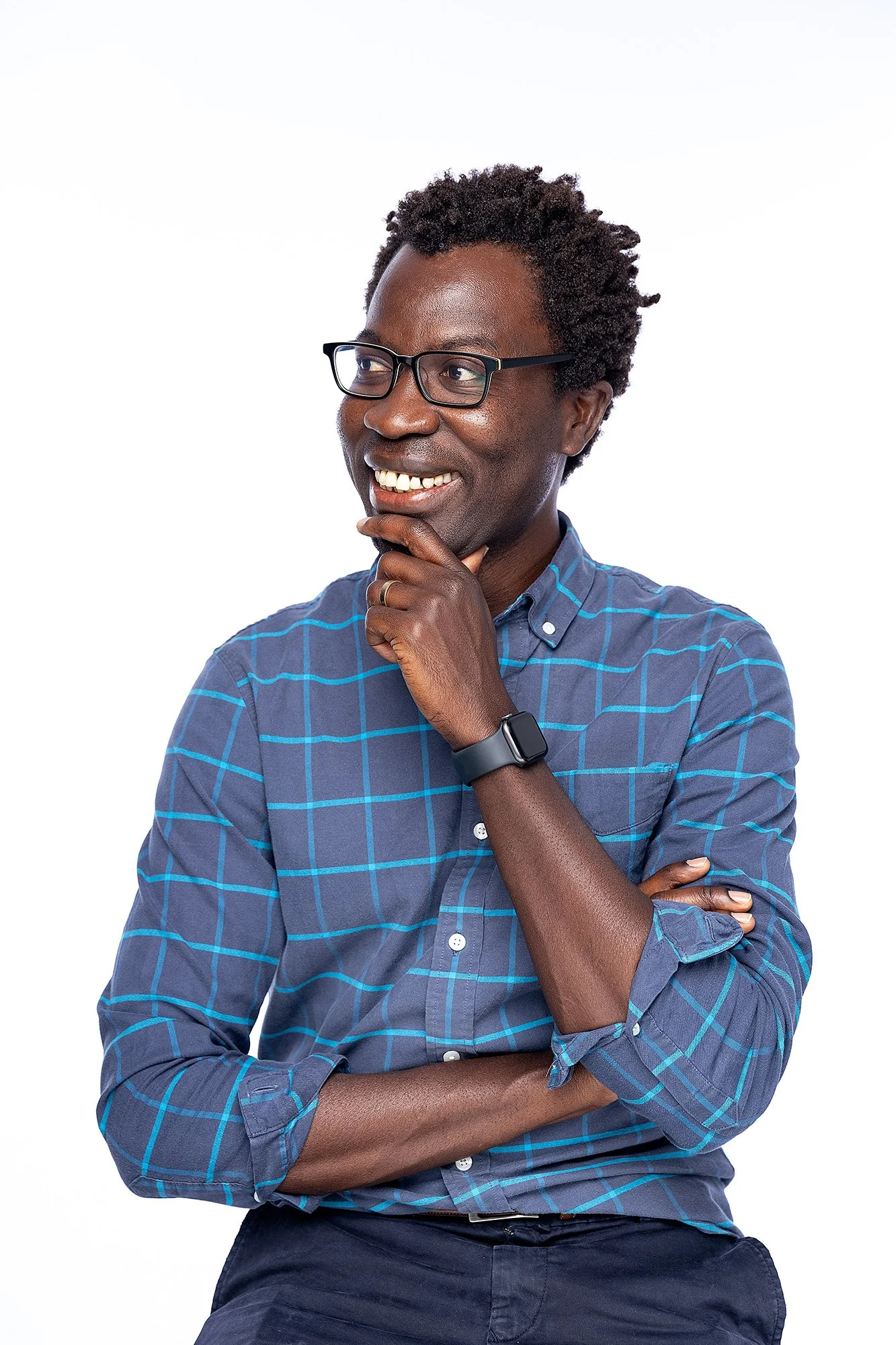I am a
computational biologist
At CalicoDavid Kelley, PhD
This scientist was part of our original collection.*A few features may be different.
DAVID
KELLEY
He/Him
“Science needs a diverse array of perspectives to determine what specific goals would best serve society.”
In high school, Dr. David Kelley was very good at math. However, his real passion was baseball. Or more specifically, it was beating his friends at fantasy baseball.
After discovering the world of baseball statistics, he realized that his mathletic skills might actually give him an edge. He learned everything he could about how the numbers worked so that he could line his team with the best possible players. And more often than chance, it worked.
When he got to college, his goal became to make some extra cash on the side. So, he turned once again to math. This time, the target was poker, and he managed to turn his knowledge of probabilities into a serious paycheck.
Since math kept paying off, he kept pursuing it. And since it was a great way to expand his toolkit, he decided to add computer science into the mix. As the classes became more advanced, he started looking for more advanced problems to solve, and found them in an unexpected place: biology.
He became fascinated by questions about evolution and consciousness and what makes humans, humans. Just as with baseball and poker, he wasn’t too concerned with whether or not it made sense to other people; he knew there must be a way that math could help.
For the past ten years, Dr. Kelley has been at the forefront of a fast-growing field called computational biology. He uses all of his skills to build mutually beneficial bridges between questions about the human genome and the increasingly complex technological tools that we need to answer them. As he’s able to apply more advanced methods, like machine learning, the biological questions that his team can ask advances too. Just like his days as a student, he’s built a career that allows him to take what he’s good at and use it to pursue what he cares about.
And most importantly, in his free time, he still uses math to beat his friends at fantasy sports.
Notable Accomplishments:
PhD in Computer Science, University of Maryland - College Park
K25 Quantitative Research Development Award
The
basics:
Expertise: Computational Biology; Genetics; Bioinformatics; Machine Learning
Title: Principle Investigator
Institution: Calico
I am a music-loving sports fanatic who creates new tools for studying why we age.
PLAYING HOCKEY & SNOWBOARDING
•
GOING TO CONCERTS
•
HIKING & SWIMMING
•
LISTENING TO PODCASTS
•
FANTASY FOOTBALL
•
BASEBALL WITH FRIENDS
•
PLAYING HOCKEY & SNOWBOARDING • GOING TO CONCERTS • HIKING & SWIMMING • LISTENING TO PODCASTS • FANTASY FOOTBALL • BASEBALL WITH FRIENDS •
things I love:

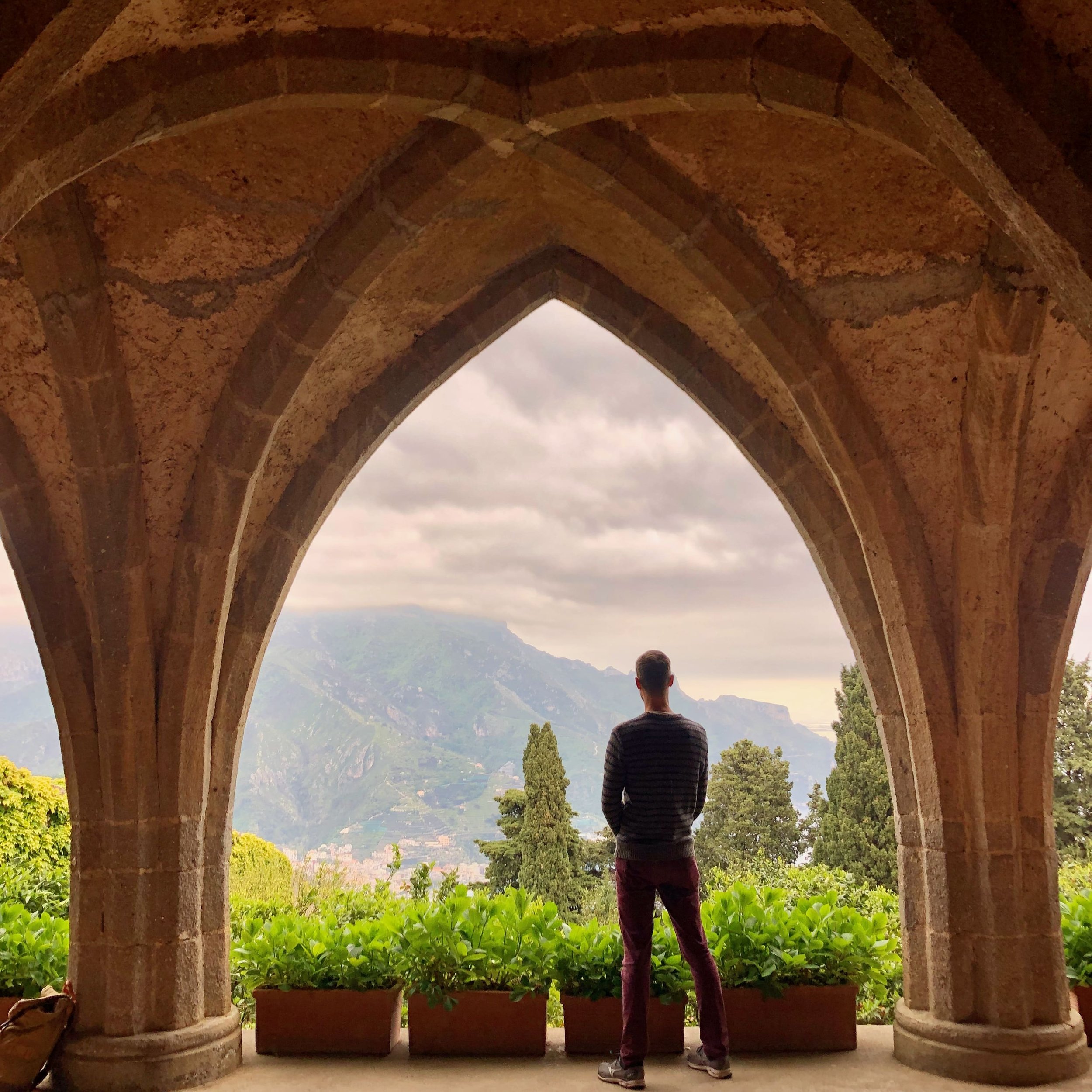



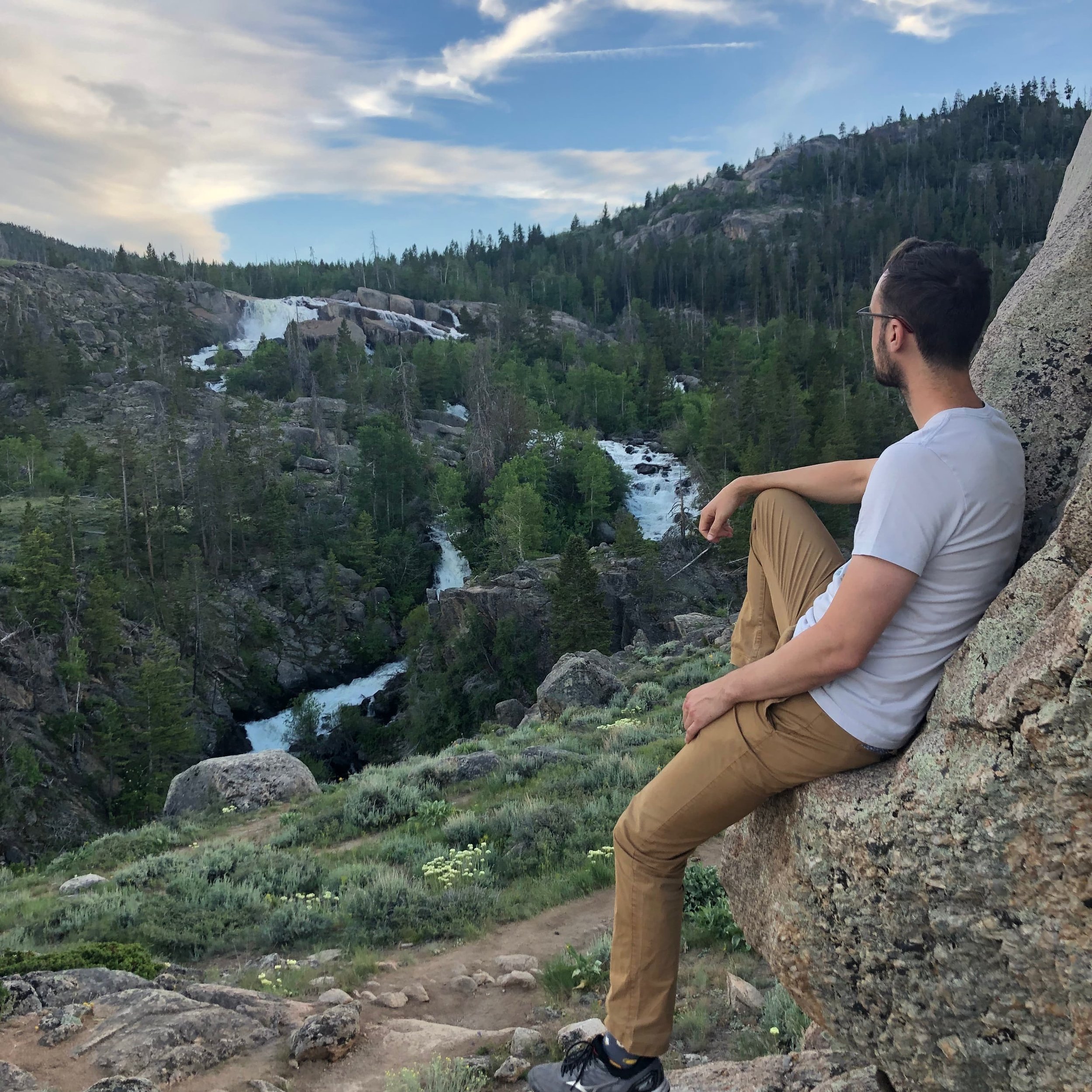
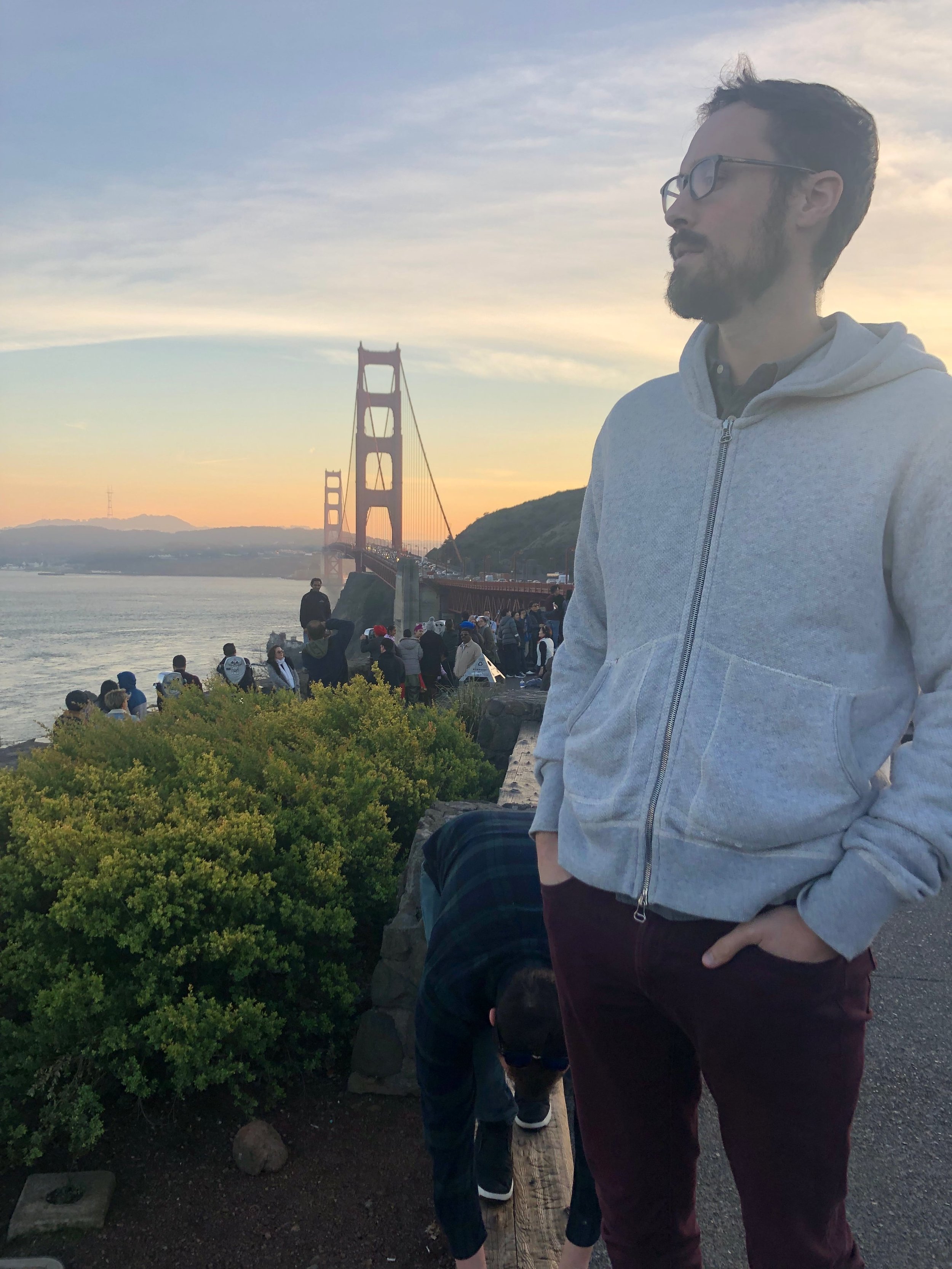

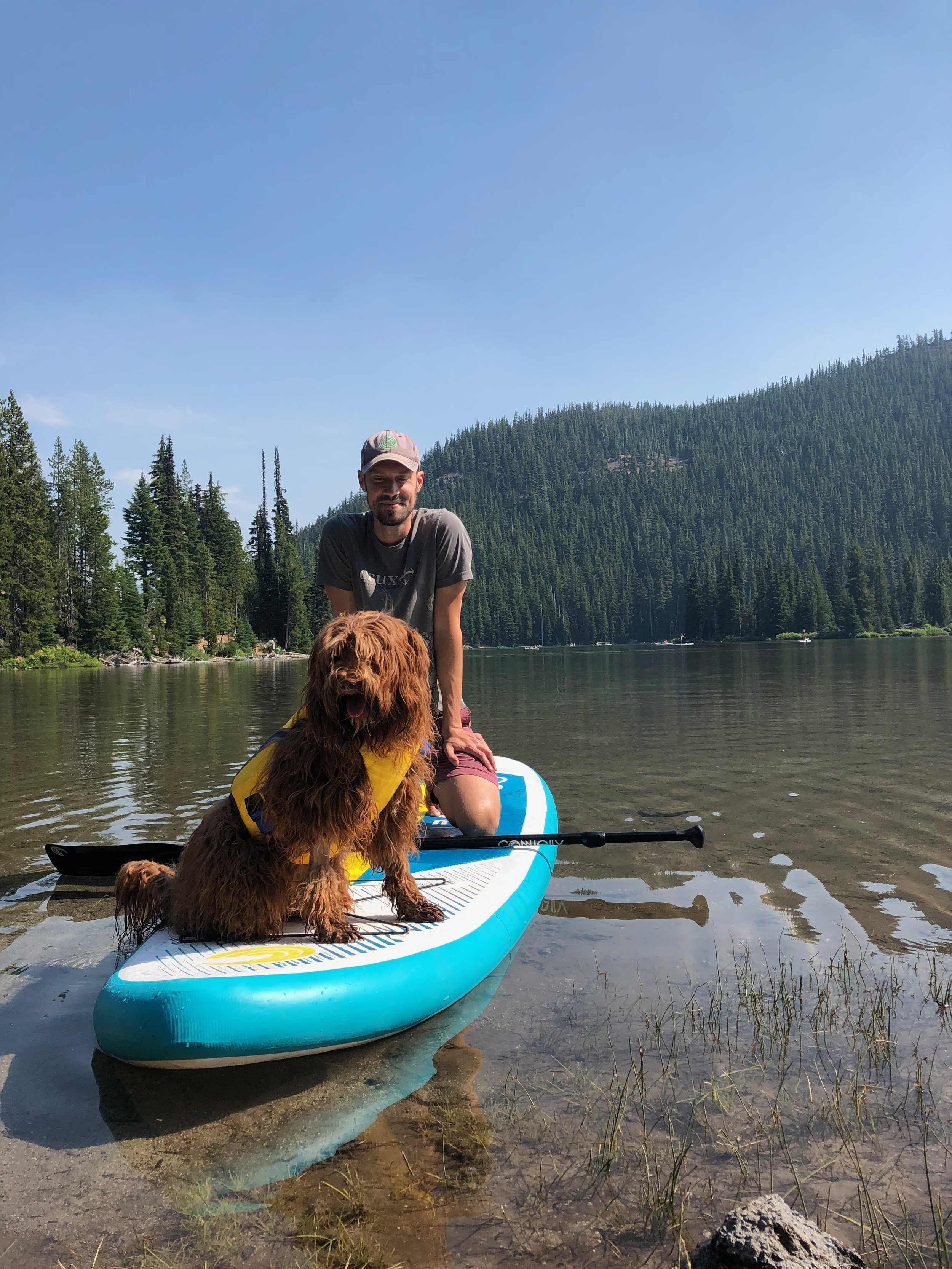
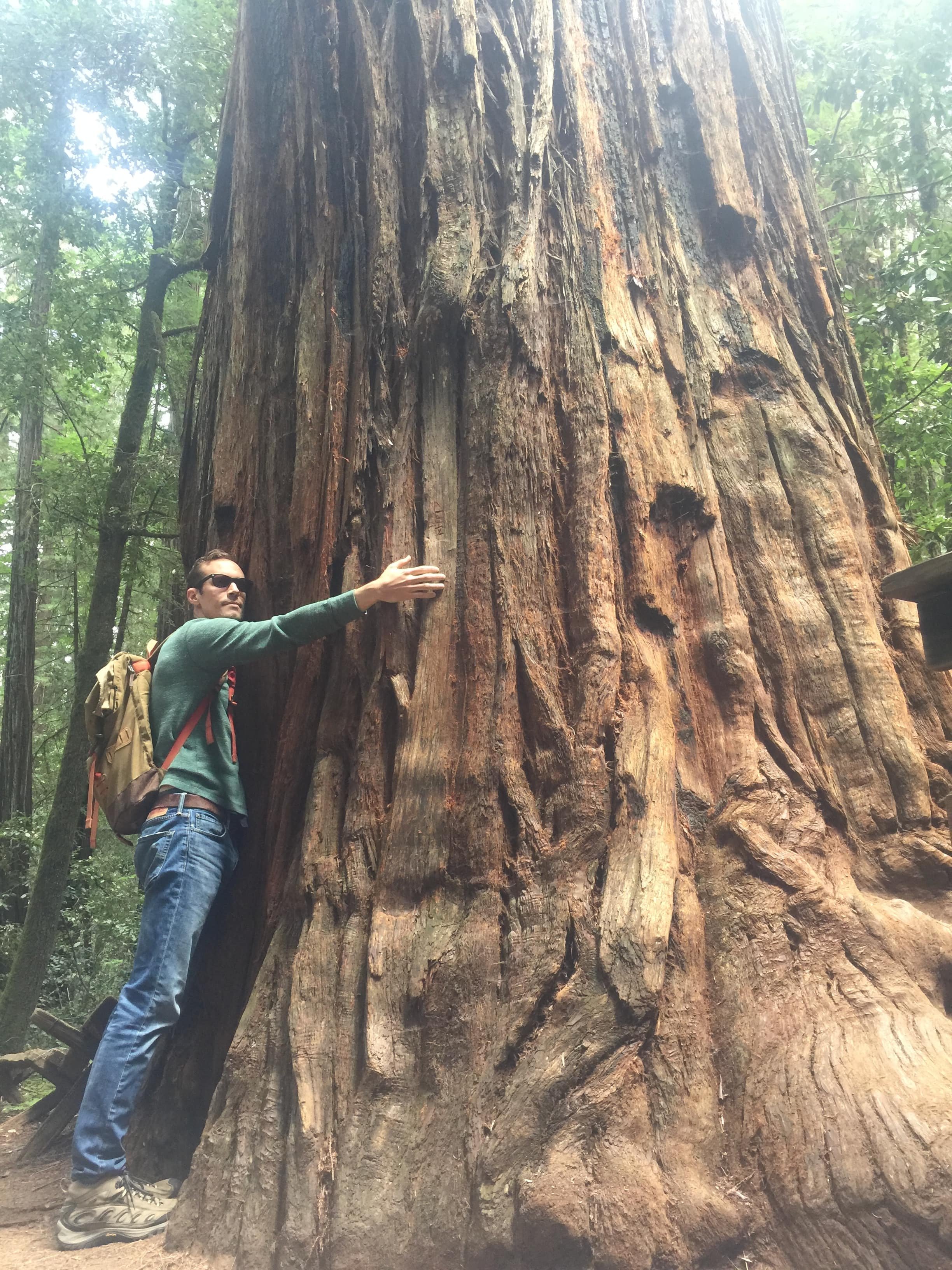

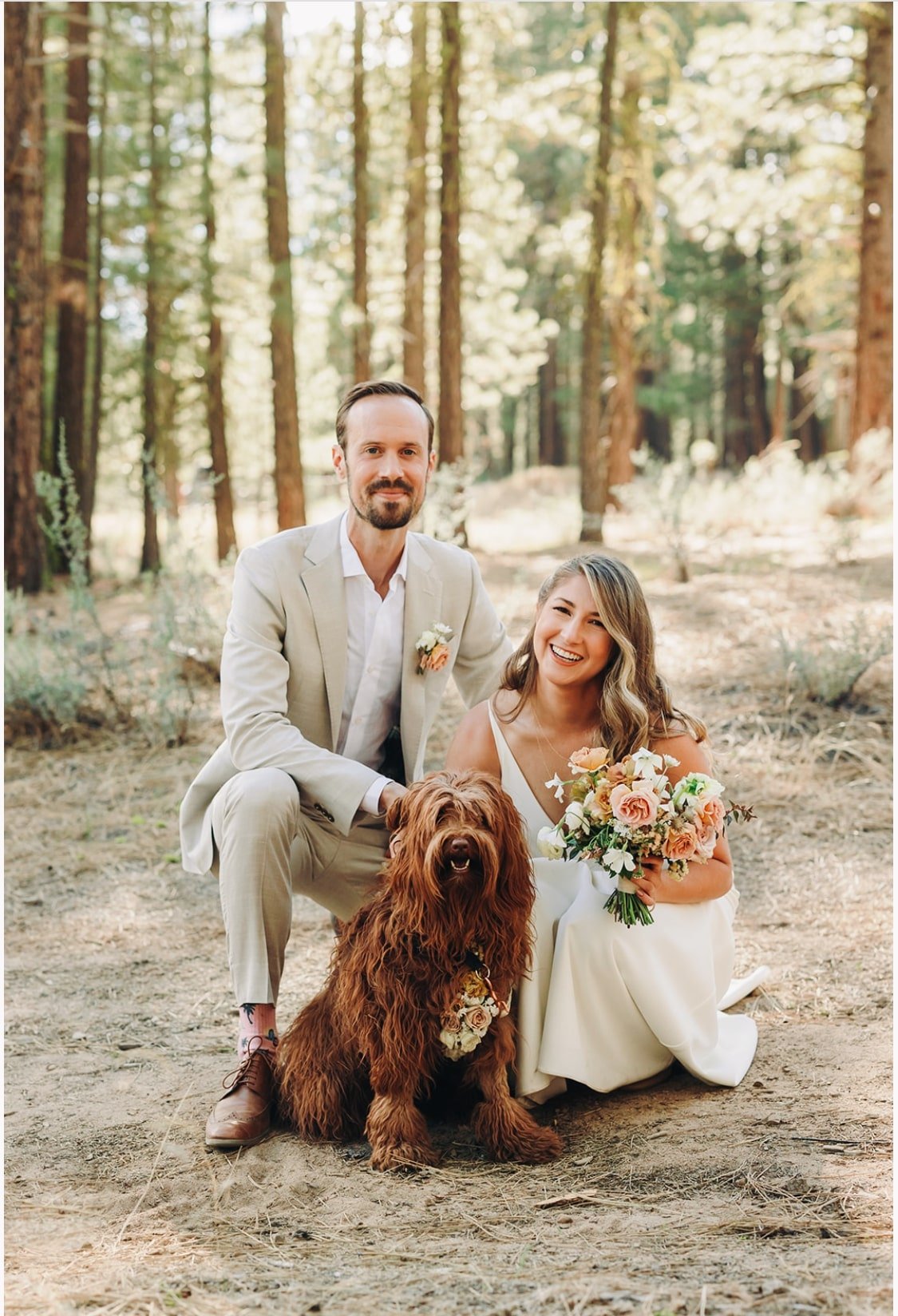
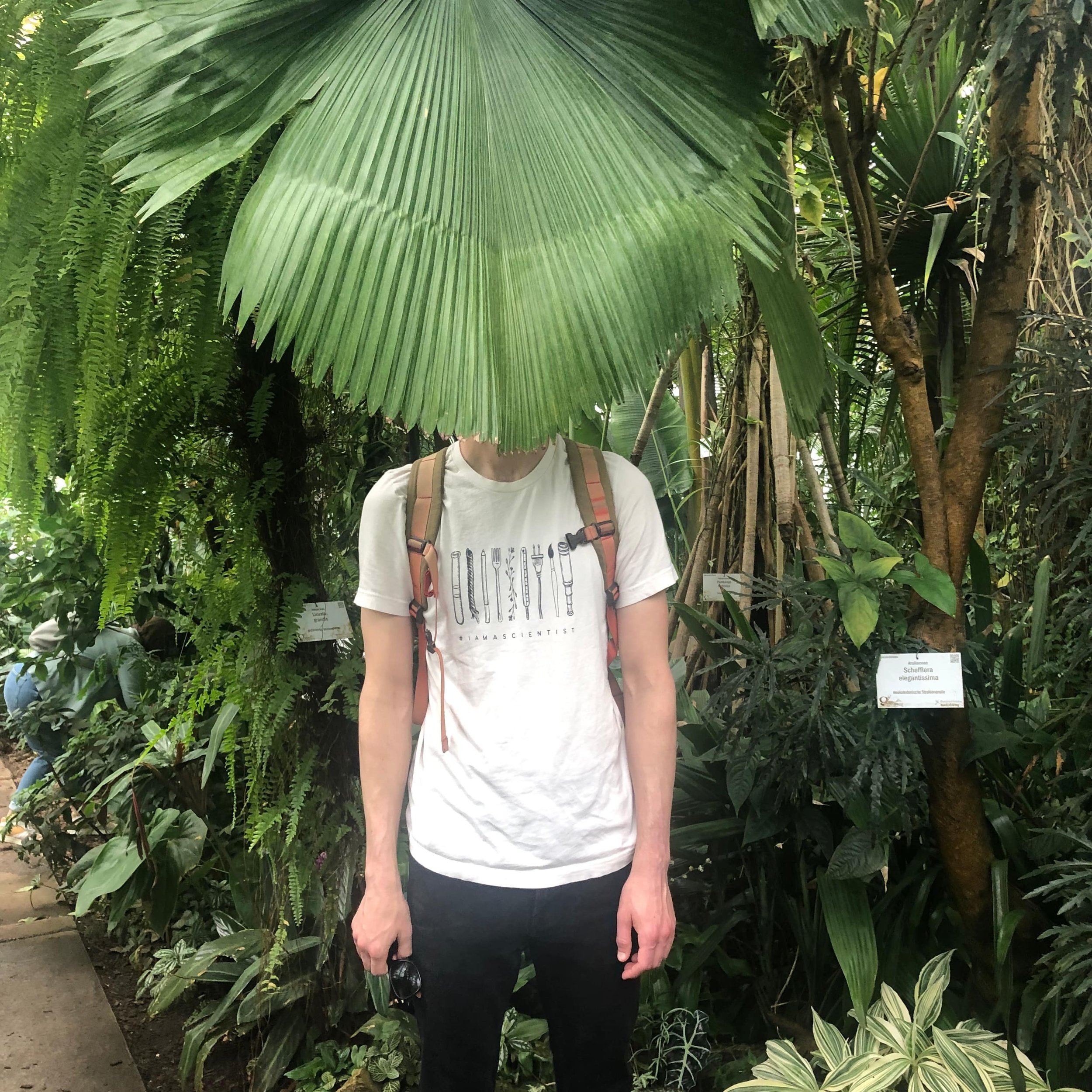
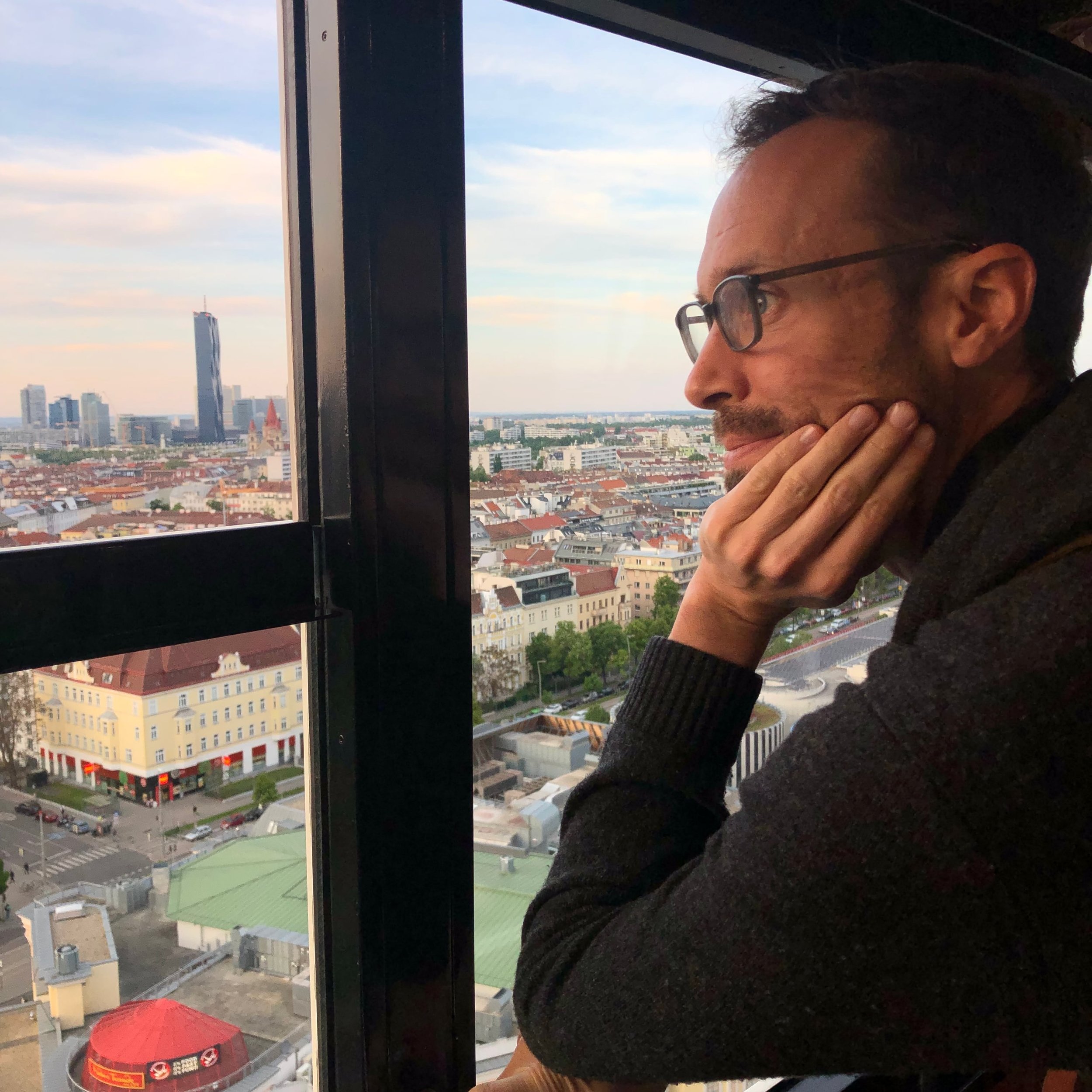
WHAT I DO
i am a Computational Biologist
I first got into statistics as a way to learn more about my favorite baseball teams.
I use math, computer science, and a lot of coding.
I work in a lab with very powerful computers and partner with scientists who work in biology labs.
I use machine learning to train computers to analyze really large datasets.
I create programs that can take thousands of genomes and looks for patterns across them.
I am Trained in both genetics and computer science.
That means I understand how the human genome works and how to write code that can be used to study questions about our genes.
MY WHY
I started studying machine learning because it was the cutting edge — I knew I wanted to be at the cutting-edge of what’s possible.
I WANT TO KNOW:
Why do we get older?
Can we use machine learning to understand how people age?
What we can do to extend our lifespan?
MY ADVICE
a little about me
Sometimes I watch three different sports games at the same time.
I was both a mathlete and an athlete in high school. I love listening to new albums from start to finish. I’m really interested in what makes humans different from other species. I love reading about philosophy and history. My first job was bagging groceries at the local store. I work for a company that isn’t part of any university. I create new tools for studying why our bodies age. I grew up in a small town on the Jersey Shore.
MY PATH TO SCIENCE
Small Town Start
I grew up in a small town in New Jersey. I loved playing sports with friends, especially hockey and baseball. I was a pretty low key kid, always interested in a lot of different topics and did well in school. Mostly, though, I just liked to hang out with friends, play sports, watch sports, and listen to music.
Getting into Science through Sports
My friends would watch baseball together a lot. I wanted to win my Fantasy Baseball league, so I got really into statistics because it was a way to make better predictions about how a team or a player was going to perform. My mom and dad were both mathematicians, so I had a lot of exposure to math at home.
Chasing Big Questions
I majored in computer science in college, where I met a professor teaching a biology course who showed me how biology could be used to ask really big questions about what makes humans unique. So I started studying biology, too. I realized I wanted to use my knack for math and computer programming to ask questions about people.
Finding a New Frontier
I went on to get my PhD at the University of Maryland - College Park and then did a post-doctoral fellowship at Harvard University. I continued to study computer science, but focused on applications in biology and genetics.
Leaving the University Behind
I eventually realized that there are many setting for a craeer in science - you don’t just have to work at a university. I got a job working in a very similar role as he would at a university, but instead of being funded by the government, I was funded by Google. Now I work on using machine learning to fight age-related diseases, like Alzheimers and heart disease.
computational biology
Computational biologists develop new ways to study biological systems (like genomes or brains) so that we can understand them better.
INTRODUCING
Machine Learning
What is machine learning? Why does it matter?
Sometimes there is so much new information coming into a system at once that it would be helpful if a computer could just train itself on how to analyze it. Now, with machine learning, that is actually possible! Machine learning is a branch of artificial intelligence in which computers figure out how to deal with new data and search for solutions without being specifically programmed to do so. This is useful in scenarios where there is no perfect solution and the computer can be trained to recognize the best possible solutions, update the model and try again.
Scientists can build machine learning algorithms to tell computers to use some data as ‘training data’ to ‘learn’ how to improve their own algorithms. The system then adjusts to new information coming in, improves the mathematical model instructing it on what to do with the data, and runs the next stage of analysis using the improved algorithm. Machine learning is useful in situations where new data is being acquired at a faster rate than a person could feasibly update the models or where there is no perfect solution. In this case, humans program the initial algorithms and the rules by which the computer can make adjustments to its own programming and then the system runs, and improves, on its own. Data mining, or the practice of exploring large datasets for new insights or patterns, is related to machine learning in that computers can be ‘trained’ to undertake these tasks without being specifically programmed to complete each step. Machine learning can be applied to business problems using predictive analytics and is increasingly being used in many other fields.
Career Resources
Every scientist’s path is unique, and the right resources can make all of the difference. Below are a selection of resources that may be helpful for those who are interested in areas of science that are related to David’s work.

“Science benefits from diversity of thought — you need to think about things in lots of different ways, and you need a lot of different perspective to determine what goals would best serve society.”
— David Kelley
KEEP EXPLORING
Here are some resources we recommend for diving deeper into themes from this story.
Mathematics & Statistics
FIELD GUIDE
coming soonView more related scientists:
Looking for teacher resources?
PHOTOGRAPHER: Erica Derrickson • Boston, MA© 2024 THE PLENARY, CO. ALL RIGHTS RESERVED. TERMS. PRIVACY.This is a brand new site! See an issue? Let us know.
